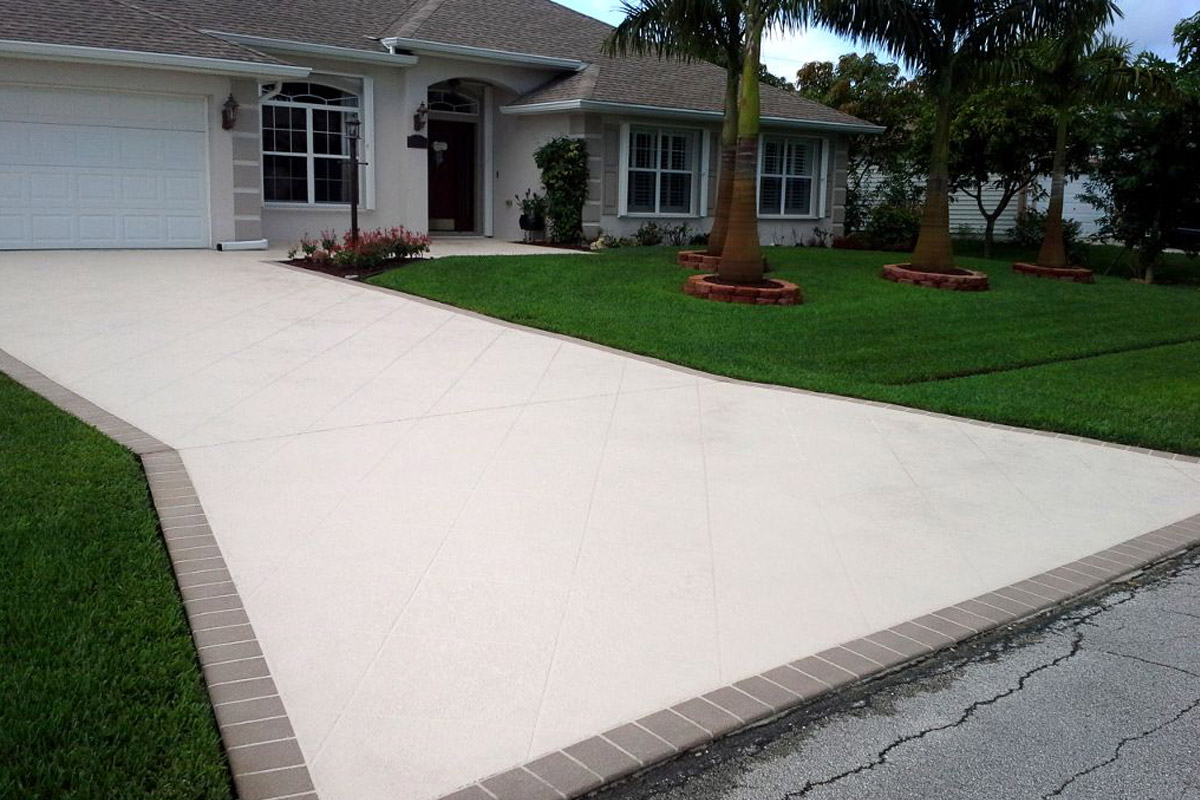

Articles
How Much Does Driveway Resurfacing Cost
Modified: December 7, 2023
Looking for articles on how much it costs to resurface a driveway? Get all the information you need in this comprehensive guide.
(Many of the links in this article redirect to a specific reviewed product. Your purchase of these products through affiliate links helps to generate commission for Storables.com, at no extra cost. Learn more)
Introduction
A driveway is an essential part of any home, providing a functional space for parking your vehicles and enhancing curb appeal. Over time, however, driveways can start to show signs of wear and tear, such as cracks, potholes, and faded appearance. If your driveway is in need of a refresh, you may be considering resurfacing it to bring it back to its former glory. But how much does driveway resurfacing cost?
In this article, we will explore the factors that affect the cost of driveway resurfacing, the materials needed for the job, the average costs you can expect to pay, the pros and cons of resurfacing compared to replacing your driveway, the importance of hiring a professional company for the job, and whether DIY driveway resurfacing is a viable option. We will also provide some useful tips on how to save money on driveway resurfacing. So, let’s dive in!
Key Takeaways:
- Driveway resurfacing costs vary based on factors like size, condition, and materials. Hiring professionals ensures quality and longevity, saving money in the long run.
- DIY driveway resurfacing is an option for skilled individuals, but professional expertise guarantees a high-quality, long-lasting outcome. Save money through proper maintenance and strategic timing.
Factors Affecting Resurfacing Costs
When it comes to resurfacing a driveway, the cost can vary depending on several factors. Understanding these factors can help you estimate and plan your budget accordingly. Here are some key factors that can affect the cost of driveway resurfacing:
- Size of the Driveway: The size of your driveway is one of the primary factors that will impact the cost. Larger driveways require more materials and labor, resulting in a higher cost.
- Condition of the Driveway: The condition of your driveway will also play a role in determining the cost. If there are extensive cracks or damage that needs to be repaired before resurfacing, it may require additional time and materials, increasing the overall cost.
- Depth of Resurfacing: The depth of the resurfacing will influence the cost. A deeper resurfacing, where a thicker layer of asphalt or concrete is applied, will typically cost more as it requires more materials.
- Accessibility: The accessibility of your driveway can impact the cost. If your driveway has difficult access, such as being located on a steep hill or having limited space for machinery, it may require additional time and effort, leading to higher costs.
- Choice of Materials: The type and quality of materials used for resurfacing will affect the cost. Higher-quality materials may come at a higher price, but they are more durable and can offer better long-term results.
- Local Labor Costs: Labor costs can vary depending on your location. Factors such as local wage rates and the availability of skilled workers can influence the overall cost of the project.
It’s important to note that these factors can vary from one driveway to another, so it’s recommended to consult with a professional contractor to get an accurate estimate for your specific project.
Materials Needed for Driveway Resurfacing
Before embarking on a driveway resurfacing project, it’s essential to understand the materials needed to achieve a successful and long-lasting result. The materials required can vary depending on whether you choose asphalt resurfacing or concrete resurfacing. Let’s take a look at the materials typically used for each option:
Asphalt Resurfacing:
1. Asphalt Binder: This is the primary component of asphalt resurfacing. It is a sticky, black, and petroleum-based adhesive material that binds the asphalt mixture together.
2. Aggregate: The aggregate consists of crushed stone or gravel that is mixed with the asphalt binder. It provides strength and stability to the pavement.
3. Sealant: A sealant is applied to the resurfaced asphalt to protect it from factors like moisture, UV rays, and chemicals that can degrade the pavement over time.
4. Crack Sealant: If there are significant cracks in your driveway, applying crack sealant is necessary to prevent water from seeping in and causing further damage.
Concrete Resurfacing:
1. Concrete Overlay: This is a special polymer-modified cementitious material used to resurface concrete driveways. It is available in various thicknesses and finishes, allowing you to achieve the desired look.
2. Concrete Sealer: Applying a concrete sealer after resurfacing helps protect the surface from stains, chemicals, and UV damage, and enhances its appearance.
3. Primer: A primer is used before applying the concrete overlay to ensure proper adhesion and improve the longevity of the resurfaced driveway.
4. Decorative Options: If you want to enhance the aesthetics of your driveway, you may choose to add decorative options like stamped patterns, textures, or colors using specialized concrete resurfacing products.
It’s important to note that the quantities of these materials will vary based on the size and condition of your driveway. Consulting with a professional contractor will help determine the precise amount of materials required for your specific project.
Average Cost of Driveway Resurfacing
The cost of driveway resurfacing can vary significantly depending on several factors, including the size of the driveway, the materials used, the location, and any additional repairs required. Here is a general overview of the average costs you can expect for driveway resurfacing:
Asphalt Resurfacing:
On average, the cost of asphalt resurfacing ranges from $2 to $7 per square foot. For a typical two-car driveway, which is usually around 400 to 600 square feet, the cost can range from $800 to $4,200. It’s important to note that these prices can fluctuate based on the factors mentioned earlier.
Concrete Resurfacing:
The cost of concrete resurfacing is higher compared to asphalt resurfacing. On average, it can range from $3 to $10 per square foot. For a standard two-car driveway, the cost can vary from $1,200 to $6,000. The price variations depend on factors such as the condition of the existing concrete, decorative options chosen, and any additional repairs required.
It’s worth mentioning that these figures are general estimates and may not reflect the exact cost of your specific project. Prices can vary based on your location, the complexity of the job, and the contractor you hire. It’s always recommended to obtain multiple quotes from reputable contractors to compare the costs and services they offer.
Additionally, keep in mind that resurfacing costs do not include any additional work required, such as crack repairs, leveling, or drainage improvements. These tasks may incur additional charges but are necessary to ensure a long-lasting and durable resurfaced driveway.
Lastly, it’s important to prioritize quality over cost. Choosing a reputable and experienced contractor may come at a slightly higher price, but their expertise and professionalism will ensure a superior outcome and save you money in the long run by reducing the need for frequent repairs or premature resurfacing.
Resurfacing vs. Replacing: Pros and Cons
When it comes to revitalizing your driveway, you have two primary options: resurfacing or replacing. Both options have their advantages and considerations. Let’s explore the pros and cons of each to help you make an informed decision:
Resurfacing:
Pros:
- Cost-Effective: Resurfacing is generally more affordable than a complete replacement. It allows you to give your driveway a fresh look without the high costs associated with tearing out and replacing the entire structure.
- Time-Efficient: Resurfacing typically requires less time to complete compared to a full replacement. This means minimal disruption to your daily routine and faster access to your driveway.
- Preserves the Existing Structure: By resurfacing, you can retain the existing base and structure of your driveway, as long as it is in reasonably good condition. This can save you money and effort, especially if the foundation is still intact.
- Aesthetic Enhancement: Resurfacing can improve the appearance of your driveway dramatically. You can choose from various materials, finishes, and designs to achieve the desired look that complements your home’s exterior.
Cons:
- Not Suitable for Severe Damage: Resurfacing is not a suitable option if your driveway has significant structural damage or extensive cracks. In such cases, a full replacement may be necessary to ensure a secure and long-lasting solution.
- Limited Lifetime: While resurfacing can extend the life of your driveway, it is not a permanent solution. Depending on the condition of the existing base and environmental factors, you may need to consider replacement in the future.
Replacing:
Pros:
- Long-Term Solution: Completely replacing your driveway provides a fresh start, ensuring a durable and long-lasting surface for many years to come.
- Opportunity for Design and Layout Changes: By opting for a full replacement, you have the flexibility to make design changes, such as increasing the size, changing the layout, or adding decorative elements, to suit your needs and preferences.
- Addressing Severe Damage: If your driveway has extensive cracking, sinkage, or damage to the foundation, a full replacement may be the only viable option to resolve these issues effectively.
Cons:
- High Cost: A complete driveway replacement can be significantly more expensive than resurfacing, considering the costs involved in excavation, material, and labor.
- Extended Timeline: Replacing a driveway requires more time for demolition, excavation, and installation. This means longer disruptions to your property and limited access to your driveway during construction.
Ultimately, the decision between resurfacing and replacing will depend on the condition of your existing driveway, your budget, and your long-term goals. It’s advisable to consult with a reputable contractor who can assess your specific situation and recommend the most suitable option for your needs.
Get multiple quotes from different contractors to compare prices for resurfacing your driveway. Make sure to ask about the materials they will use and the process they will follow to ensure a quality job.
Read more: How Much Does It Cost To Repair A Driveway
Hiring a Professional Driveway Resurfacing Company
When it comes to driveway resurfacing, hiring a professional company is crucial to ensure quality workmanship, longevity, and a smooth experience. Here are some key reasons why it’s important to hire a professional driveway resurfacing company:
Experience and Expertise: Professional companies have the experience and expertise necessary to handle driveway resurfacing projects with precision. They understand the intricacies of the process, from assessing the condition of the driveway to choosing the right materials and techniques for optimal results.
Quality Materials and Equipment: Professional contractors have access to high-quality materials and state-of-the-art equipment, ensuring a superior finished product. They know which materials are best suited for your specific project and can source them efficiently.
Proper Preparation and Repair: A crucial step in driveway resurfacing is proper preparation and repair of the existing surface. Professional contractors have the knowledge and skills to address any underlying issues, such as cracks, potholes, or drainage problems, before applying the new surface.
Efficient and Timely Completion: Hiring professionals ensures that your project is completed efficiently and within the agreed-upon timeframe. They have the manpower and resources to get the job done promptly, minimizing disruptions to your daily routine.
Compliance with Regulations: Driveway resurfacing may have specific regulations and permits required by local authorities. Professional companies are familiar with these regulations and can ensure that all necessary permits are obtained and the work is carried out in compliance with building codes and safety standards.
Insurance and Warranty: Reputable driveway resurfacing companies carry liability insurance to protect you and your property in the event of any accidents or damages during the project. They also provide warranties on their workmanship, giving you peace of mind and assurance that any issues will be addressed.
Cost-Effective in the Long Run: While hiring professionals may come with a higher upfront cost, it is a cost-effective choice in the long run. Their expertise and quality workmanship will ensure a durable and long-lasting driveway, reducing the need for frequent repairs and premature resurfacing.
When hiring a driveway resurfacing company, it’s essential to choose a reputable and established firm. Research local contractors, check their online reviews and ratings, and ask for references to ensure their credibility and reliability. Obtain multiple quotes to compare prices and services, but remember that quality should be prioritized over cost.
Remember, a well-resurfaced driveway not only enhances the curb appeal of your property but also provides a functional and safe surface for your vehicles. Investing in professional driveway resurfacing will lead to a satisfactory and lasting outcome, adding value to your home for years to come.
DIY Driveway Resurfacing: Is It a Good Option?
DIY projects can be tempting when looking to save money on home improvements, including driveway resurfacing. While it’s possible to resurface your driveway yourself, it’s essential to consider several factors before deciding if DIY driveway resurfacing is a good option for you:
Level of Skill and Experience: Driveway resurfacing involves various technical aspects, such as preparing the surface, applying the materials correctly, and ensuring proper curing. If you have experience working with asphalt or concrete and possess the necessary skills, DIY resurfacing might be a viable option. However, if you lack the expertise, it’s best to rely on professionals to avoid costly mistakes.
Equipment and Tools: Resurfacing a driveway requires specialized equipment and tools, such as a pressure washer, crack fillers, and application tools for the chosen resurfacing material. Assess whether you have access to these tools or if purchasing or renting them would be cost-effective for a one-time project.
Time and Effort: DIY driveway resurfacing can be time-consuming and physically demanding. You’ll need to dedicate a significant amount of time to prepare the surface, apply the resurfacing material, and ensure proper curing. Consider whether you have the resources and availability to commit to the project from start to finish.
Risk of Errors: Without proper knowledge and experience, DIY resurfacing can lead to errors that may affect the longevity and quality of the finished driveway. Improper application or insufficient surface preparation can result in premature cracking, uneven surfaces, and costly repairs down the line.
Safety Concerns: Working with asphalt or concrete can be hazardous without proper safety precautions. DIY resurfacing requires handling hot materials, working with potentially harmful chemicals, and using heavy machinery. If you’re unfamiliar with the safety procedures and precautions involved, it’s best to leave it to professionals who prioritize safety protocols.
Cost Consideration: Although DIY resurfacing may seem like a cost-saving option initially, it’s important to weigh the potential expenses. You’ll need to factor in costs for materials, equipment rentals or purchases, and any additional repairs or corrections needed if any mistakes are made during the process. In some cases, hiring professionals may be a more cost-effective choice in the long run.
Permit and Code Compliance: Depending on your local jurisdiction, there may be permits required for driveway resurfacing. DIY projects can be more challenging to navigate in terms of permits and compliance with local codes and regulations. Professional contractors are well-versed in these requirements and can handle the necessary paperwork on your behalf.
Overall, DIY driveway resurfacing can be a suitable option for those with the necessary skills, experience, and resources. However, if you are unsure or lack confidence in your abilities, it’s advisable to hire a professional driveway resurfacing company. Their expertise will ensure a high-quality, long-lasting result while saving you time, effort, and potentially costly errors.
Tips for Saving Money on Driveway Resurfacing
Driveway resurfacing is a significant investment, but there are several ways you can save money without compromising on the quality and durability of the project. Here are some useful tips to help you save money on driveway resurfacing:
1. Proper Maintenance: Regularly maintain your driveway to prevent major damage. Clean it regularly, fill in small cracks, and address minor issues promptly to avoid costly repairs and the need for extensive resurfacing in the future.
2. Get Multiple Quotes: Obtain quotes from several reputable driveway resurfacing contractors in your area. Compare their prices, services, and customer reviews to ensure you’re getting the best value for your money. However, be cautious of extremely low prices, as they may indicate subpar quality.
3. Consider Resurfacing Over Replacement: If your existing driveway is structurally sound, resurfacing it can be a cost-effective alternative to a full replacement. It can give your driveway a fresh look without the high costs associated with tearing out and replacing the entire structure.
4. Opt for Cost-Efficient Materials: Discuss the available material options with your contractor. While high-quality materials may have a higher upfront cost, they can save you money in the long run by providing a longer lifespan and requiring fewer repairs or resurfacing in the future.
5. Timing Matters: Consider scheduling your driveway resurfacing project during the off-season or slower periods for contractors. They may be more open to offering competitive pricing to secure your business during these times.
6. DIY Preparation Work: If you have the necessary skills and equipment, consider handling the prep work yourself. Clearing debris, crack filling, and cleaning the surface are tasks that you can potentially take on to reduce labor costs.
7. Prioritize Key Areas: If you’re on a tight budget, prioritize the resurfacing of the key areas of your driveway that experience the most wear and tear, such as the section nearest the garage or main entrance. This approach allows you to allocate your funds more efficiently.
8. Avoid Mid-Project Changes: Once the resurfacing process begins, avoid making changes or adding extras. Mid-project changes can result in additional costs, as the contractor may need to modify their plans or order additional materials.
9. Regular Maintenance After Resurfacing: After resurfacing your driveway, be diligent about regular maintenance. Proper cleaning, sealing, and addressing any new cracks or damage promptly can extend its lifespan and reduce the need for premature resurfacing.
10. Long-Term Contract: Some driveway resurfacing companies offer long-term maintenance contracts to ensure the longevity of your driveway. These contracts often include periodic inspections, cleaning, and minor repairs. Opting for such a contract can save you money in the long run by maximizing the lifespan of your resurfaced driveway.
Remember, while it’s important to save money, don’t compromise on the quality of materials and workmanship. Investing in professional and reputable contractors will result in a long-lasting and durable resurfaced driveway that ultimately saves you money by reducing the need for frequent repairs and premature resurfacing.
Conclusion
Driveway resurfacing is an effective way to give your driveway a fresh look, improve its functionality, and enhance the overall curb appeal of your home. By understanding the factors that affect resurfacing costs, the materials required, and the pros and cons of resurfacing compared to replacing, you are equipped with the knowledge to make informed decisions about your driveway project.
Hiring a professional driveway resurfacing company comes with several benefits, including their experience, access to quality materials, and compliance with regulations. While it may involve a higher upfront cost, it ensures a high-quality and long-lasting result, saving you money in the long run.
If you have the necessary skills and resources, DIY driveway resurfacing may be an option for you. However, ensure you have the expertise, access to the right tools and equipment, and a clear understanding of the potential challenges and safety considerations involved.
Additionally, there are various ways to save money on driveway resurfacing, including proper maintenance, obtaining multiple quotes, considering resurfacing over replacement, and opting for cost-efficient materials. Timing your project strategically, DIY preparation work, and prioritizing key areas can further help reduce costs without compromising on quality.
Ultimately, the choice between resurfacing and replacing your driveway will depend on various factors such as the condition of the existing structure, budgetary constraints, and your long-term goals. Consulting with professionals and obtaining expert advice can ensure you make the best decision for your specific circumstances.
Remember, a well-maintained and aesthetically pleasing driveway not only adds value to your home but also provides a functional and welcoming entrance. With the right approach, you can achieve a durable and visually appealing driveway that you can enjoy for years to come.
Frequently Asked Questions about How Much Does Driveway Resurfacing Cost
Was this page helpful?
At Storables.com, we guarantee accurate and reliable information. Our content, validated by Expert Board Contributors, is crafted following stringent Editorial Policies. We're committed to providing you with well-researched, expert-backed insights for all your informational needs.
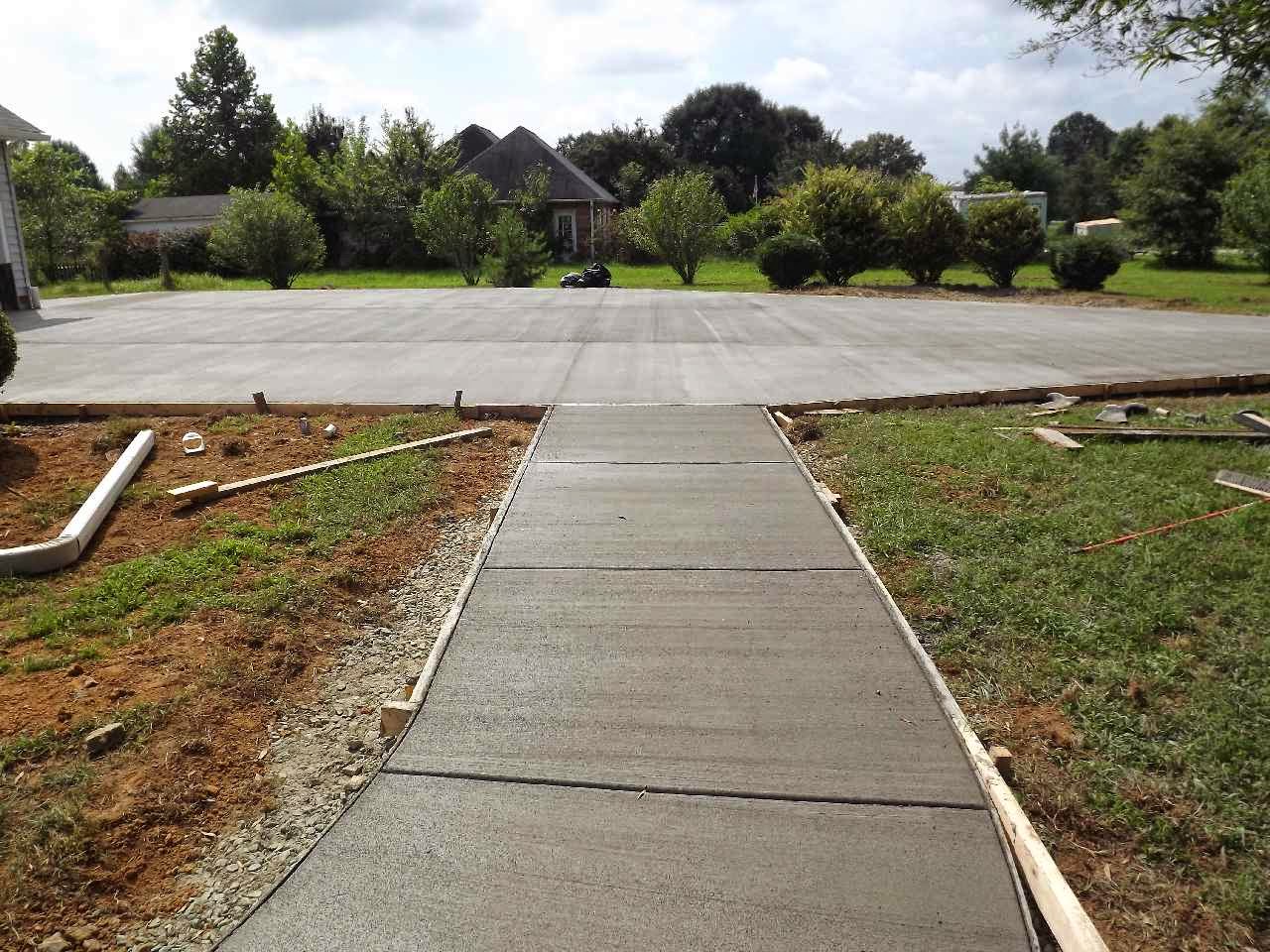
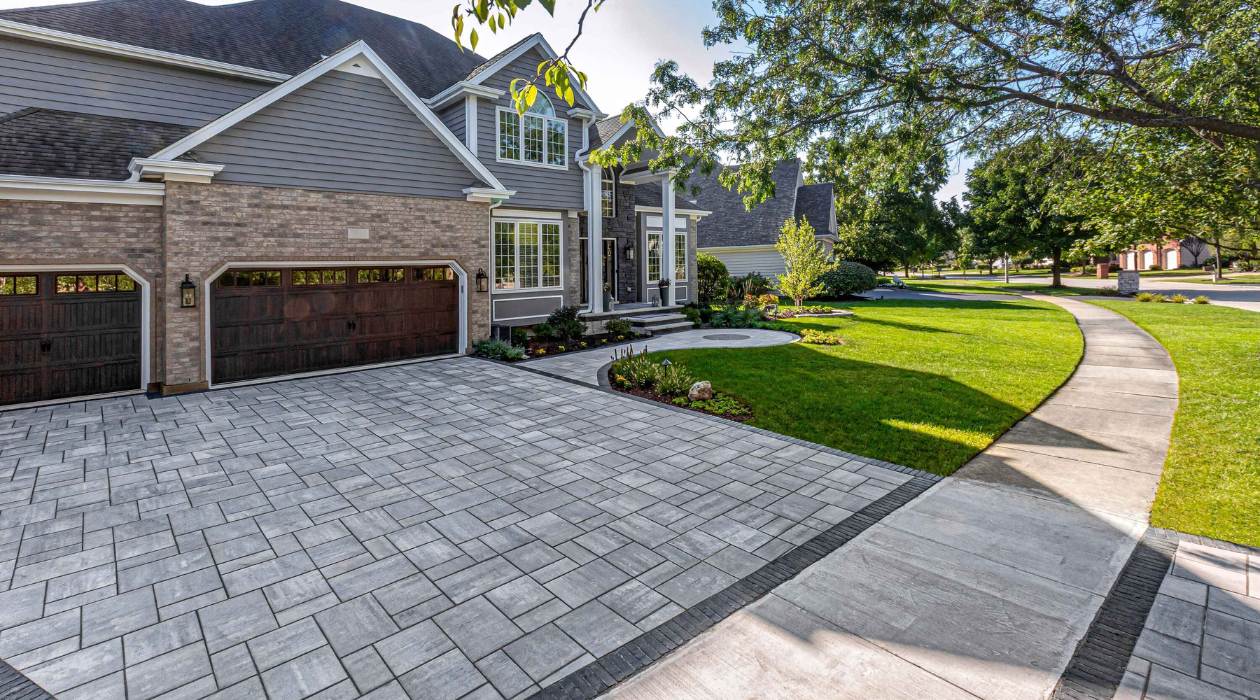
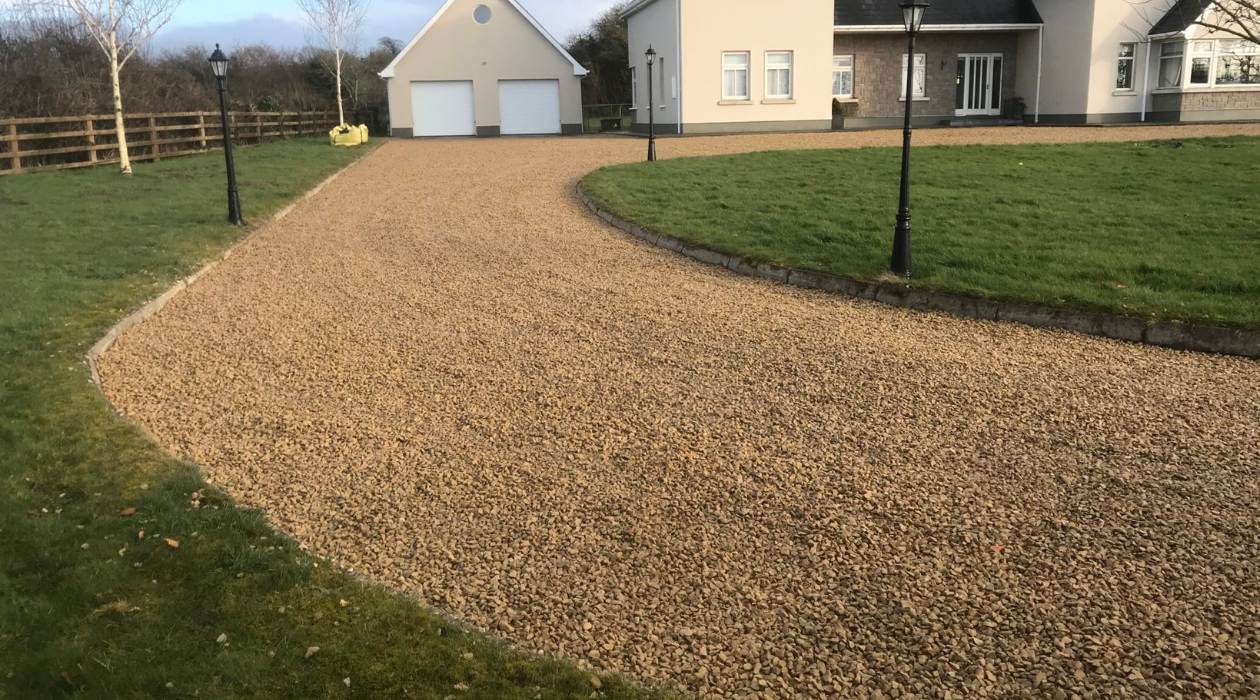
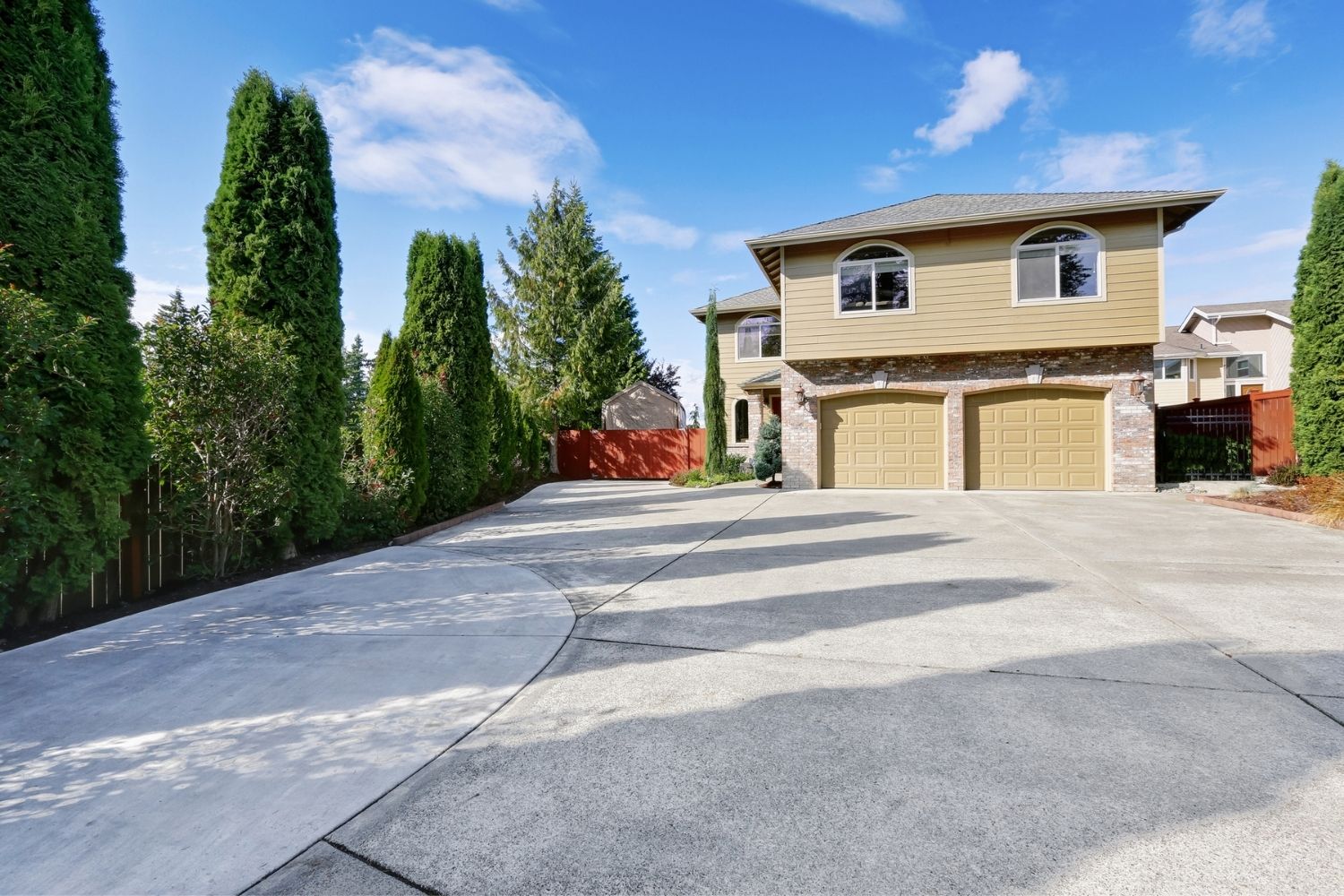
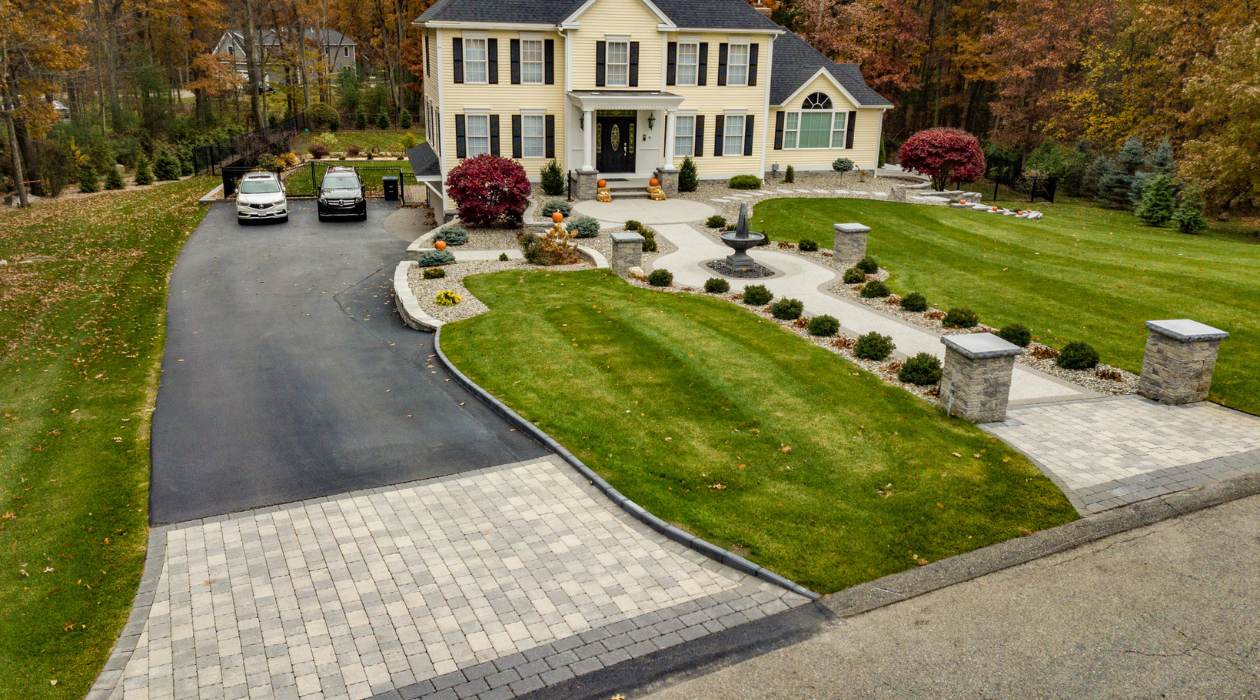
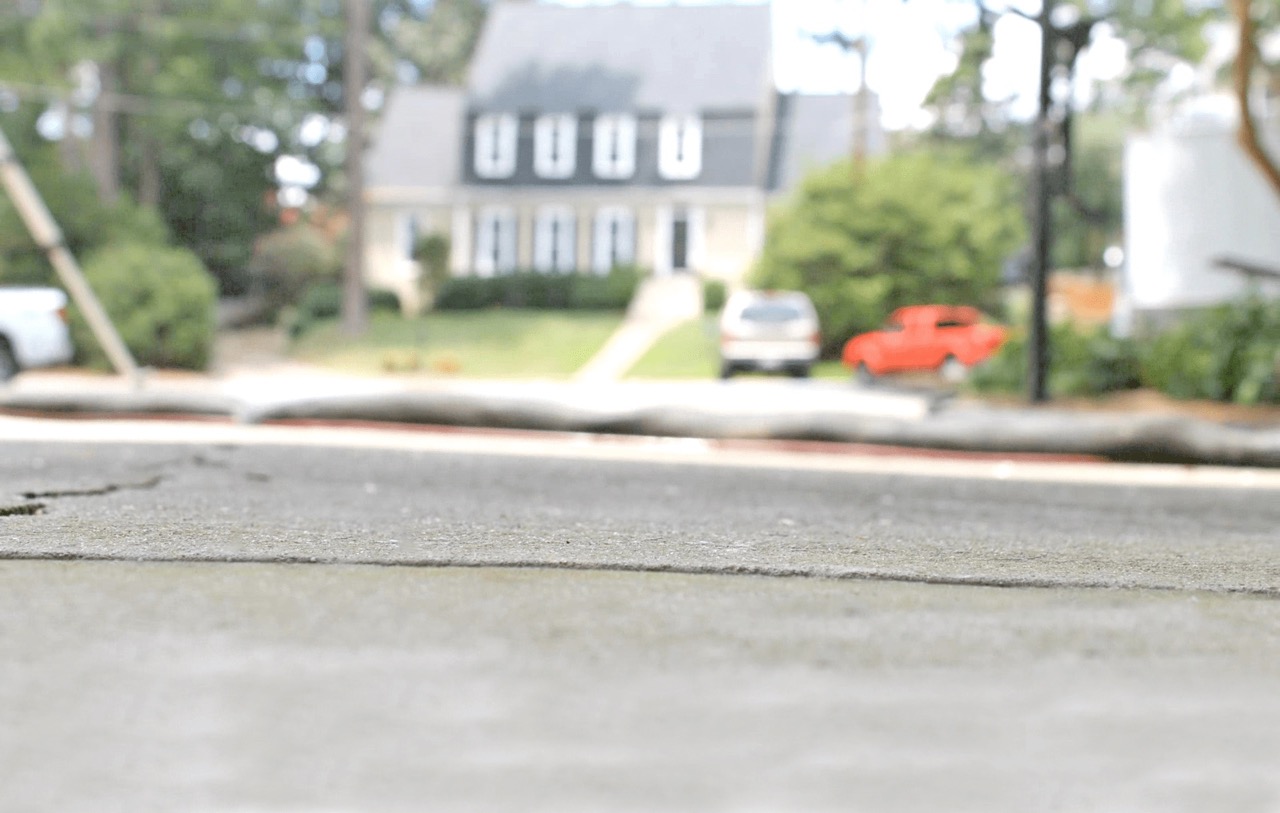
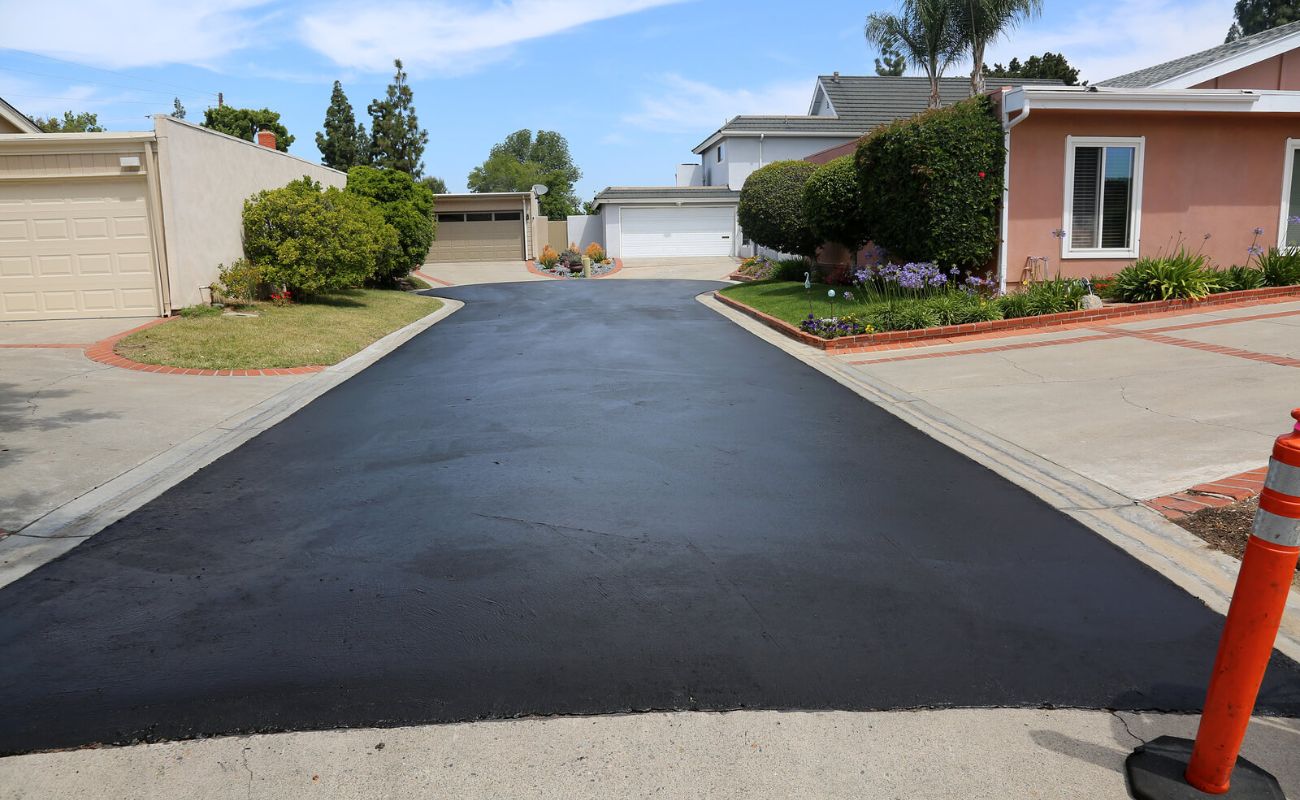
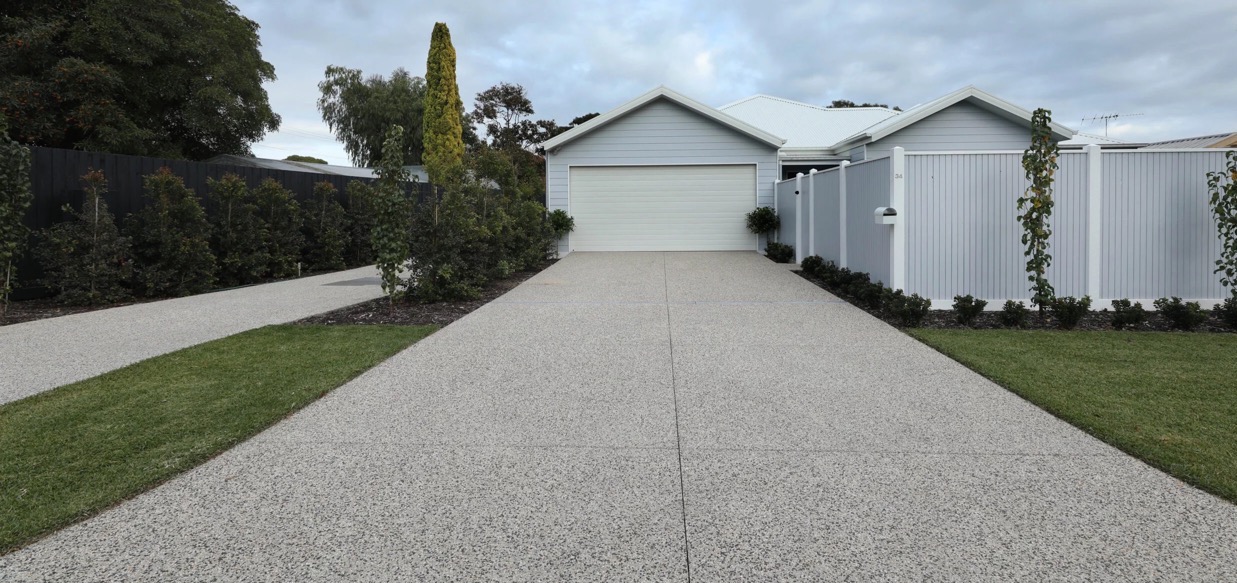
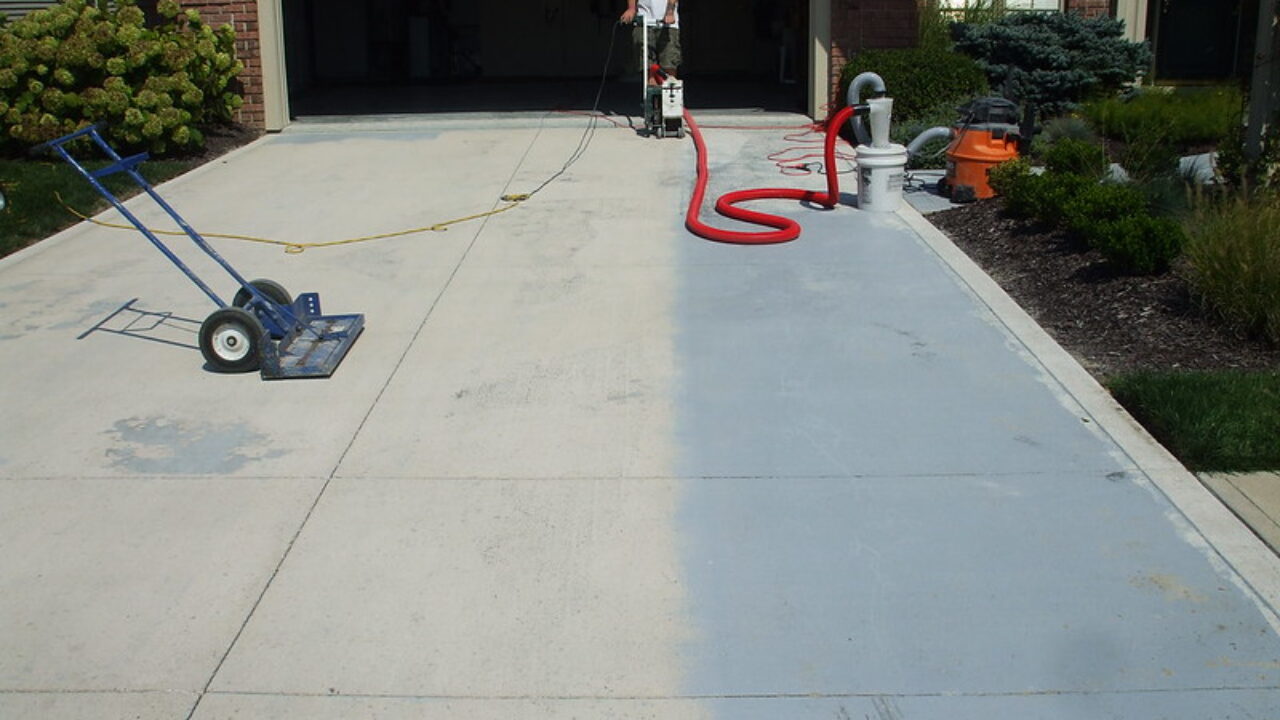
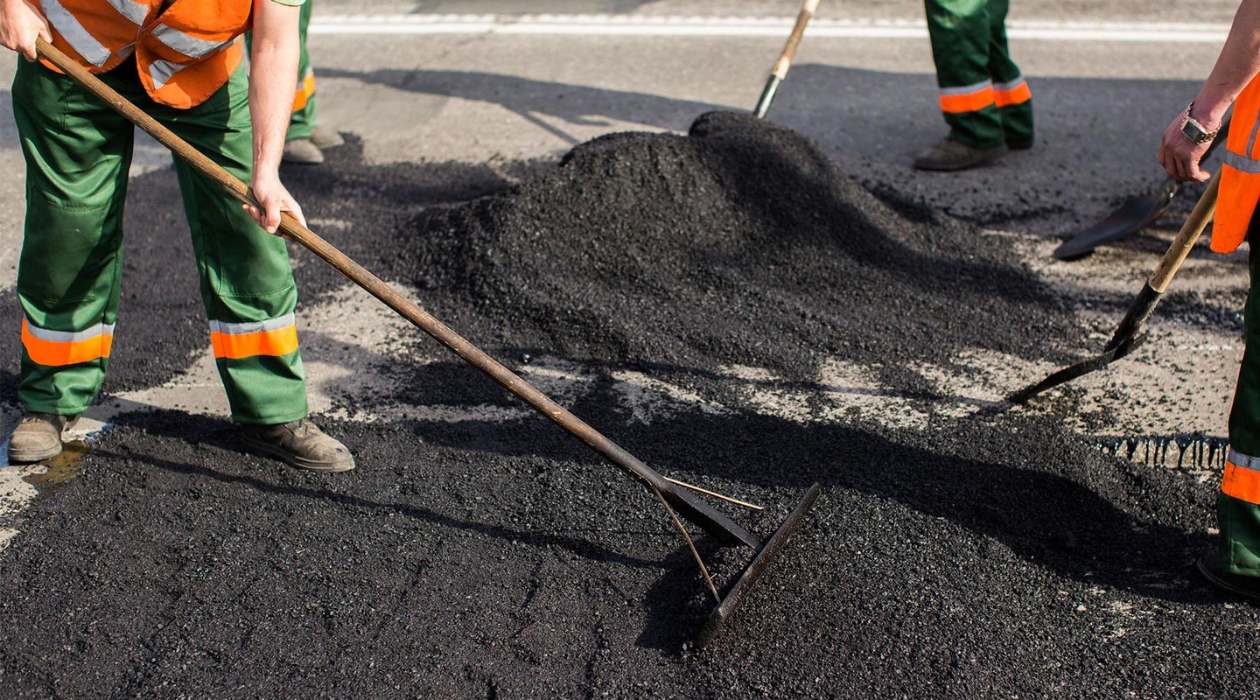
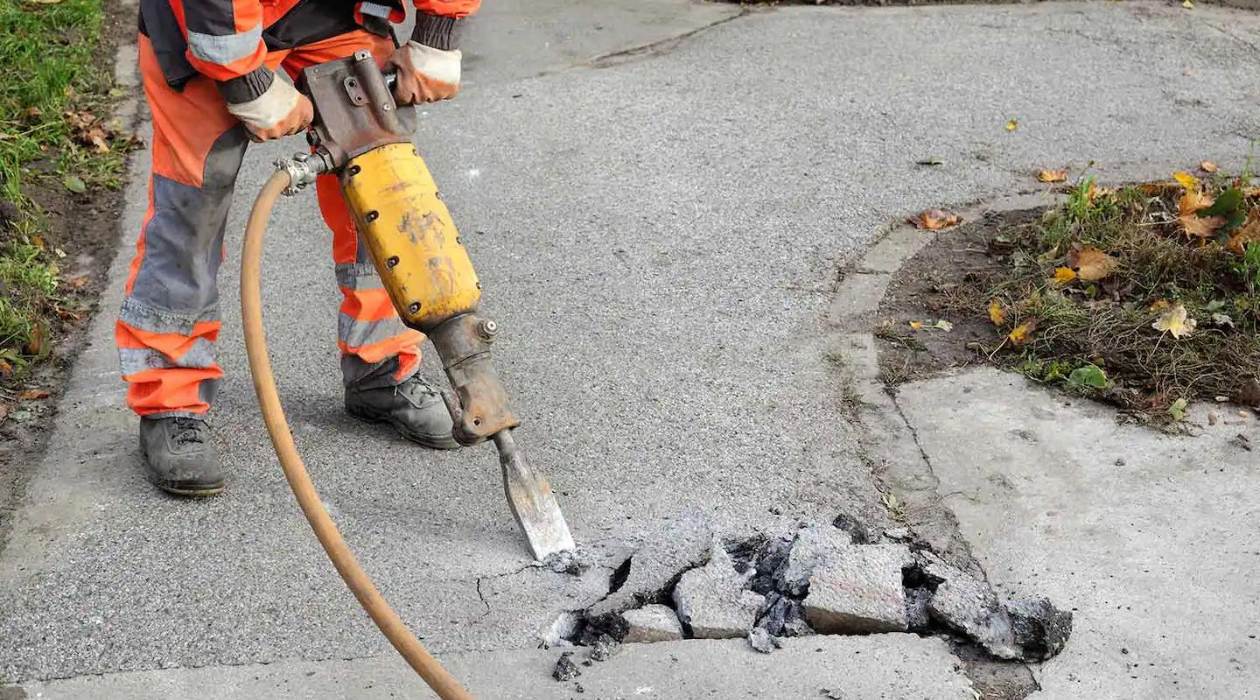
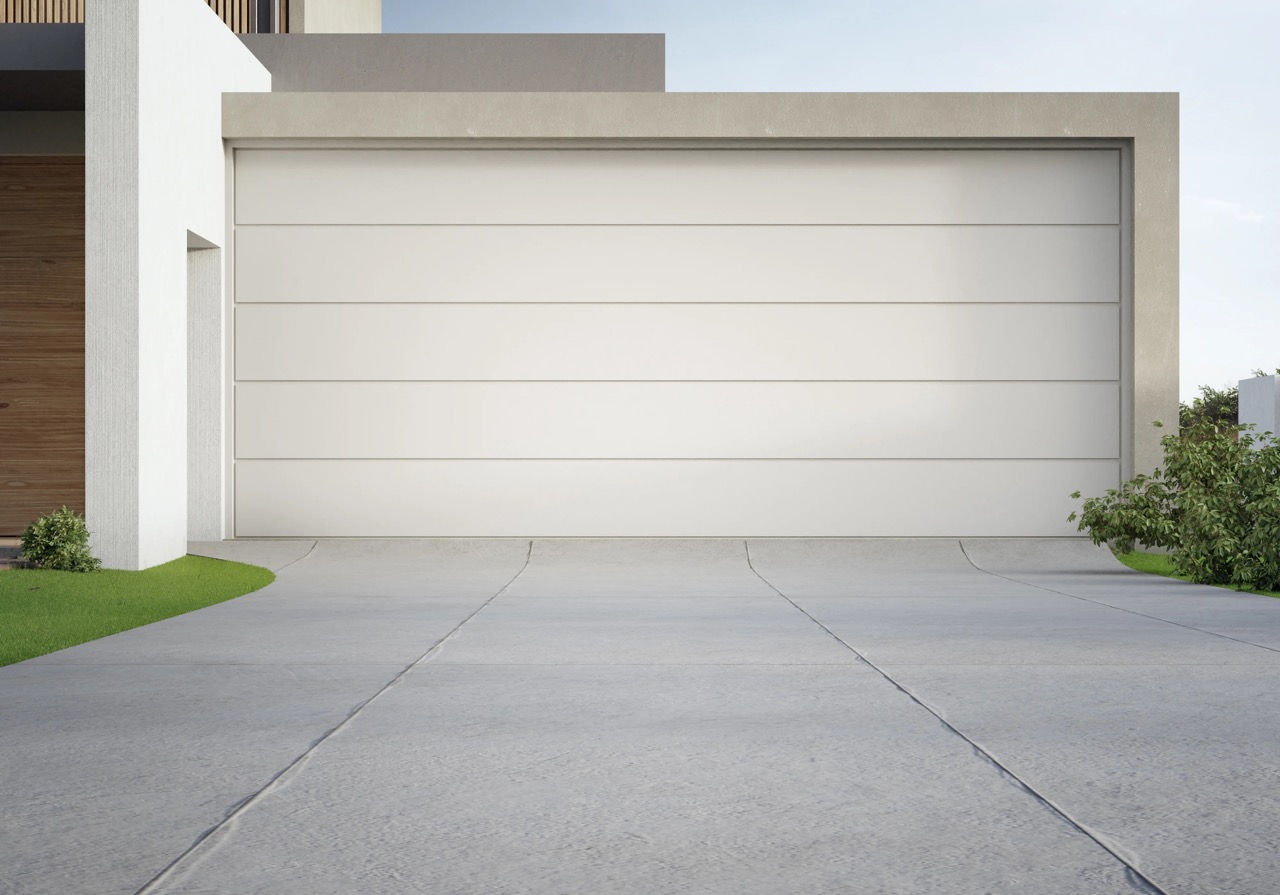
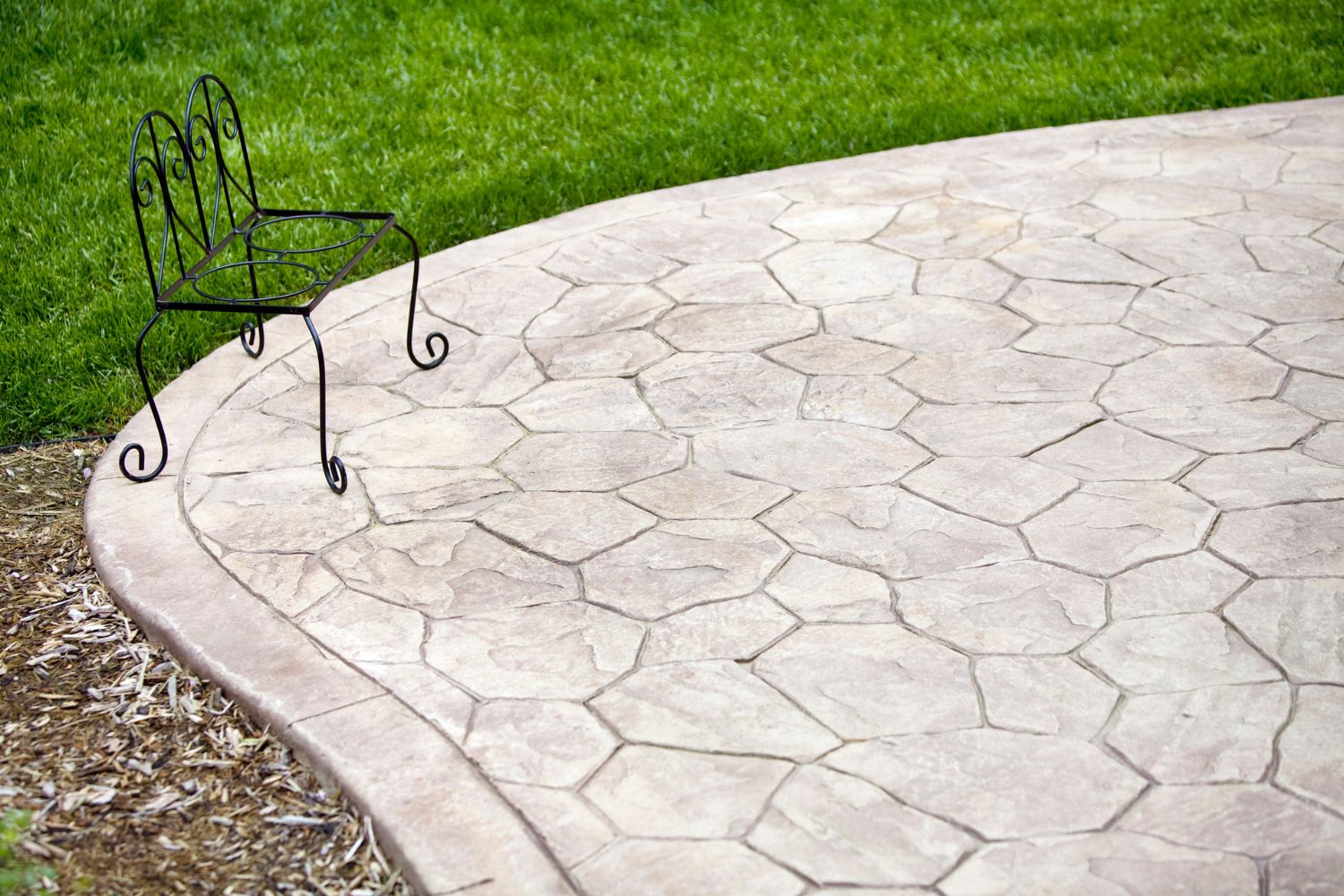
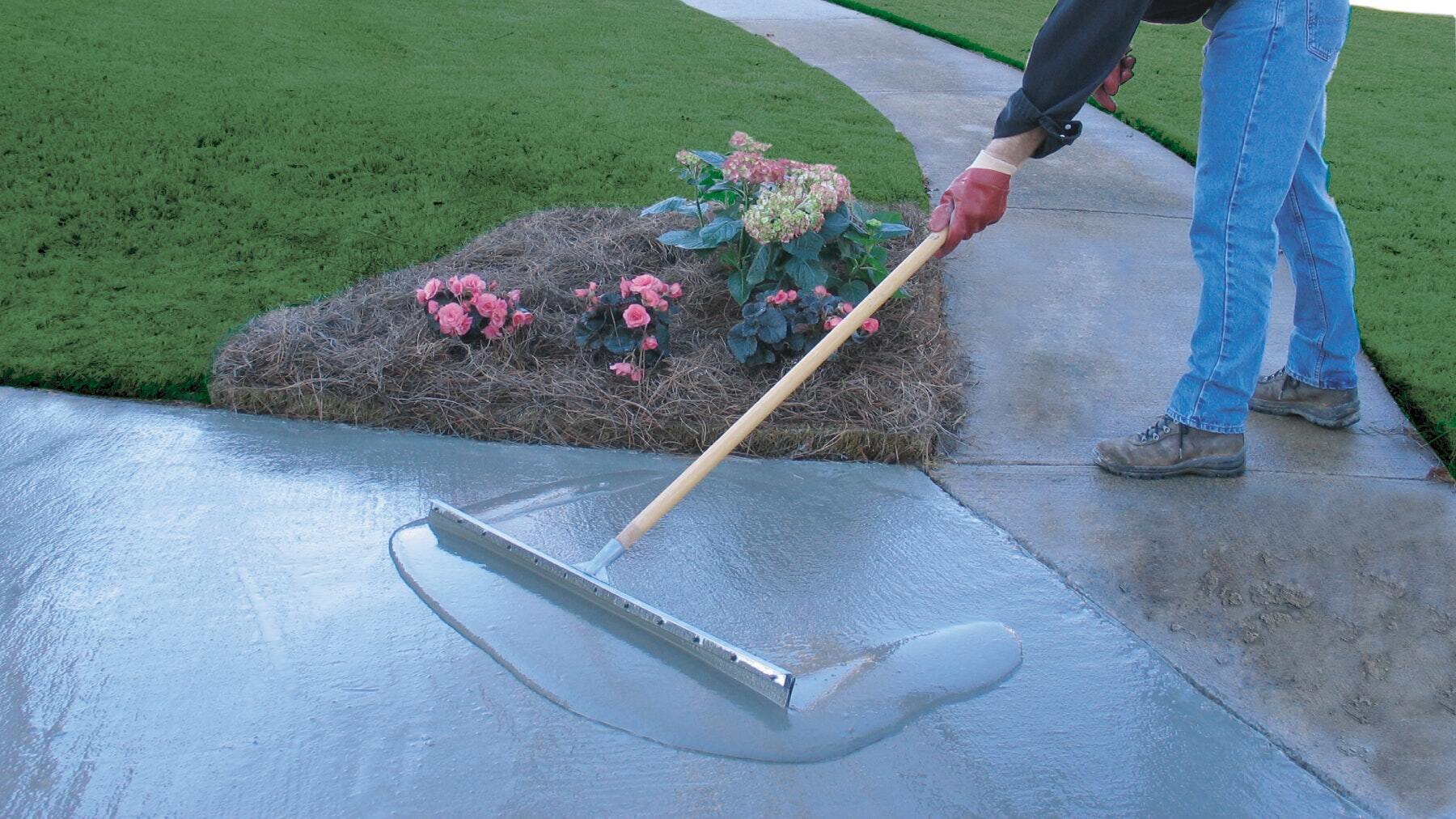

0 thoughts on “How Much Does Driveway Resurfacing Cost”